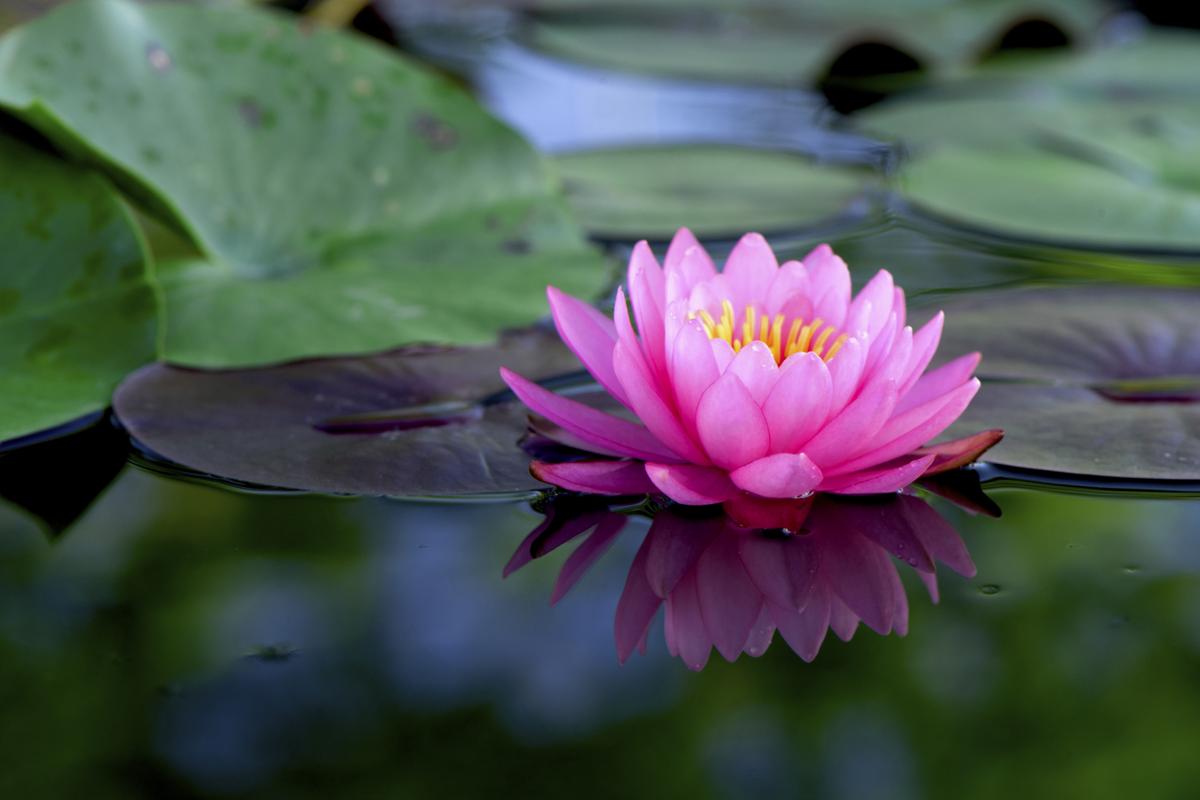
Outside my home office window, I have a view of my front yard which features several shrubs, a handful of potted plants and half a dozen bird feeders. My cats love to crouch against the cement porch stoop and watch birds fly on and off the feeders throughout the day. If one of those birds is dumb enough to peck fallen seeds from the ground, it’s almost certain one of my cats will pounce on it and make it their snack.
Yesterday I witnessed my white cat, a big Tom named Churchill, capture and eat a sparrow. I happened to look up from my laptop at the exact moment to witness the event. Death for the bird happened in a flash and then it was over. Churchill held it in his mouth for a minute or two before settling into the bark dust to delight in his freshly harvested meal.
Even though death is an inevitable part of life for all living creatures, witnessing it is never easy. Nor is learning about someone who has chosen death for themselves over continuing to live. When the news of Robin Williams’ suicide broke in August 2014, the world responded with shock, anger, confusion and a collective grief reserved only for those few special individuals who touch our souls deeply.
This week, the world lost two more people who fit into this category and the collective groundswell of grief over the news has been fast and furious. Kate Spade and Anthony Bourdain touched millions, if not billions of lives with their creativity, passion, joie de vivre and purpose. As social media lights up with thoughts, prayers and memories of these two popular individuals, so too does the discussion about mental illness and the silent grip it can have on people who, from the outside, appear to “have it all.”
As someone who has experienced depression on and off since I was a little girl (back in a time when there was no collective conversation about mental illness outside of institutionalizing “crazy” people or being told by well-meaning relatives to suck it up and get over myself), when I read a comment that expresses the commentator’s inability to understand why people take their own lives, I have to resist popping off a reactionary reply and instead, recognize that understanding what other people go through isn’t easy for any of us.
Even people trained at the highest levels of compassion and healing can be triggered with a degree of bewilderment upon learning about suicides, high profile or otherwise. Questions arise. What could have been done differently? Why didn’t we see this coming? Was that truly the only answer they believed was left for them?
NPR’s “All Things Considered” ran a piece yesterday about the increase in suicide rates in America since 1999. According to the Centers for Disease Control and Prevention, “Suicide rates have increased in nearly every state over the past two decades, and half of the states have seen suicide rates go up more than 30 percent.” Many theories abound about why this is so: everything from the effect of technology on the brain to an increase in prescription medications to not enough gun legislation. It’s not within the scope of this piece nor my professional experience to speculate what’s causing this unfortunate trend. If I were to surmise, however, I would say like most things in life, it’s a combination of several factors rather than just one cause.
I didn’t know Kate Spade or Anthony Bourdain personally. I didn’t’ know Robin Williams, either. But like the millions who are mourning their loss, and like the millions who are mourning the loss of someone close to them who wasn’t famous, my heart aches. And I don’t have an answer to that eternal human question about why some people choose one path over another. As much as we want to put our trust these days in science and big data when it comes to understanding human behavior, so much of what humans think and do remains a mystery.
What isn’t a mystery, however, is love. I do know that if you are reading this, and you are hurting, there is someone who loves you. There is someone who wants you around today and tomorrow and next week and next year. There are lots of people who are willing and able to listen to you. Hear you. Give you a hug. Believe in you. It doesn’t take much to tell others we care about them. We appreciate them. We love them.
And it doesn’t take much to say these things to ourselves once in awhile, either.
The most popular resource to share in posts like this is the National Suicide Prevention Lifeline whose website reads: “We can all help prevent suicide. The Lifeline provides 24/7, free and confidential support for people in distress, prevention and crisis resources for you or your loved ones, and best practices for professionals.”
1-800-273-8255
